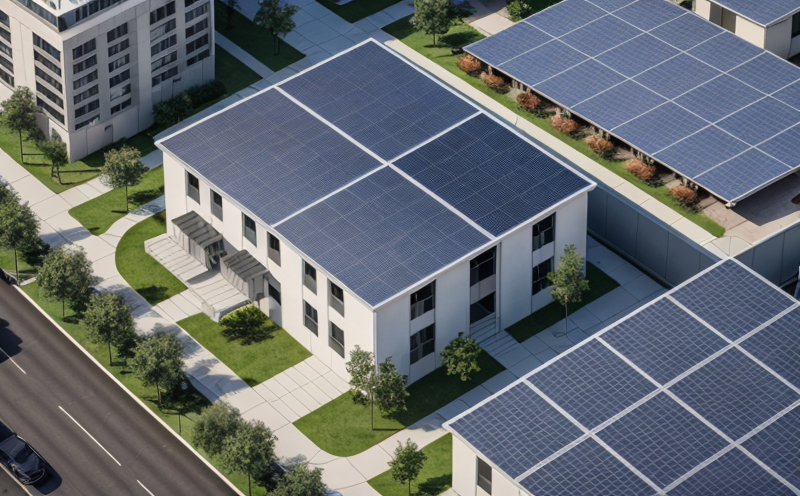IEEE 2030.5 Smart Energy Profile Protocol Testing for Building–Grid Systems
The IEEE P2030.5 Working Group is developing a standard to improve interoperability between smart buildings and the grid, enabling seamless communication of energy-related information. This service focuses on testing devices compliant with the IEEE 2030.5 Smart Energy Profile Protocol for building-grid systems.
Testing these protocols ensures that devices can communicate effectively within the framework of smart cities and buildings, thereby enhancing efficiency in energy consumption, distribution, and management. Proper protocol adherence is critical to integrating various components into a cohesive network. This service evaluates compliance with IEEE 2030.5 standards, ensuring interoperability among different vendors’ products.
Smart building-grid integration requires robust communication channels that can handle large volumes of data without compromising on accuracy or latency. The IEEE 2030.5 protocol addresses these challenges by providing a standardized method for exchanging energy-related information between buildings and the grid. By testing devices against this standard, we ensure they meet stringent requirements set forth by industry leaders.
Our laboratory uses state-of-the-art equipment to simulate real-world conditions under which your devices will operate. This includes environmental factors such as temperature fluctuations, humidity levels, and electromagnetic interference (EMI). We also test for compatibility across different platforms and networks, ensuring seamless integration into existing infrastructure.
The IEEE 2030.5 protocol aims at reducing waste through efficient resource utilization while supporting renewable energy sources like solar panels and wind turbines. Testing ensures that your devices function correctly under all these conditions, making them reliable partners in sustainable development initiatives.
Compliance with the IEEE 2030.5 standard is essential for manufacturers looking to enter or expand their presence in this rapidly growing market segment. By partnering with us early on in the design phase, you can identify potential issues before they become costly problems down the line.
We offer comprehensive testing services covering all aspects of compliance with IEEE 2030.5 standards, including but not limited to:
- Communication protocols
- Data exchange mechanisms
- Error correction codes
- Security measures
Our team of experts will work closely with you throughout the testing process, providing guidance and support to ensure a smooth experience.
Applied Standards
| Standard | Description |
|---|---|
| IEEE P2030.5 | The working group is developing a standard to improve interoperability between smart buildings and the grid, enabling seamless communication of energy-related information. |
Benefits
- Ensures compliance with IEEE P2030.5 standards
- Improves interoperability between smart buildings and the grid
- Enhances efficiency in energy consumption, distribution, and management
- Supports sustainable development initiatives
- Reduces waste through efficient resource utilization
- Makes devices reliable partners in renewable energy sources integration
- Promotes early identification of potential issues before they become costly problems
Eurolab Advantages
Our laboratory offers several advantages when it comes to testing IEEE 2030.5 Smart Energy Profile Protocol compliance:
- State-of-the-art equipment for realistic simulation of operating conditions.
- Expertise in protocol development and testing.
- Closed-loop support from initial design through final product launch.
- Prompt turnaround times ensuring minimal disruption to your project schedule.





